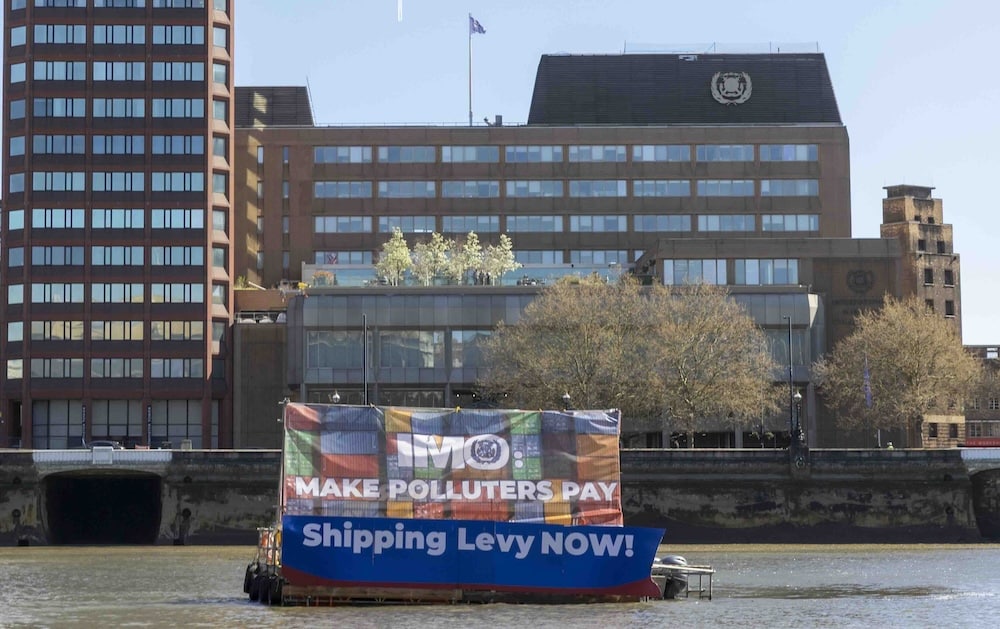Contentious late night IMO meeting ends in stalemate
Shipping's Green Transition Faces Pushback at IMO

The International Maritime Organization (IMO) is grappling with significant pushback over its proposed regulations aimed at reducing shipping’s greenhouse gas emissions. A contentious draft text, which was discussed late into the night at the UN agency’s headquarters in London, has sparked disagreement among member states. While a majority supported the package for recommendation to the Marine Environment Protection Committee (MEPC), several countries voiced their objections, emphasizing the need for a more ambitious framework.
Contentious Draft Regulations Spark Discontent
The draft legal text, part of the IMO’s Net Zero Framework, failed to achieve unanimous consensus among the working group. This package aims to lay out mid-term technical and economic measures for cutting greenhouse gas emissions over the next 25 years. Despite the lack of agreement, the group managed to secure enough support to recommend the package to the MEPC for formal approval. However, dissent is loud and clear, especially from 15 countries led by Saudi Arabia, which argue that the regulations are insufficiently ambitious and do not ensure a just transition to net-zero fuel technologies.
Additionally, six Pacific small island developing states, spearheaded by the Marshall Islands, have also expressed their disappointment, stating they cannot endorse the proposed measures. They highlight that the regulations fail to adequately address their vulnerabilities and needs. This dissenting voice adds pressure as the committee prepares for a vote, which is an unusual step for an organization that prides itself on multilateralism and compromise.
The proposed regulations, if approved, will initiate the process for amending Annex VI of the Marine Pollution (MARPOL) Convention, which addresses air pollution in international shipping. The new rules are designed for vessels of 5,000 gross tons or more and do not include a universal levy, despite prior support from over 60 countries. Instead, they propose a two-tier approach to reduce the global greenhouse gas fuel intensity, establishing indicative base and compliance targets over a gradual timeline. Moreover, a regulation prompted by Egypt mandates ongoing reviews of the potential impacts on food security, particularly for nations facing food insecurity.
German Shipyard FSG-Nobiskrug Seeks Investors Amid Insolvency
Looking Ahead: The Path to 2050
IMO Secretary-General Arsenio Dominguez emphasized that the draft regulations are just one step towards the broader goal of achieving zero emissions by 2050. He acknowledged that substantial work remains to be done to refine the framework and address the concerns raised by dissenting countries. As the MEPC prepares for its extraordinary session in October, where the final amendments will be considered, the outcome of this meeting could significantly shape the future of environmental policy in maritime shipping.
As the situation develops, Splash will continue to provide updates on the MEPC’s final decisions, which have already garnered attention for the notable absence of the US delegation and the establishment of the world’s largest emissions control area. The coming weeks will be critical as stakeholders assess the impact of these proposed regulations and push for a more sustainable future in global shipping.
